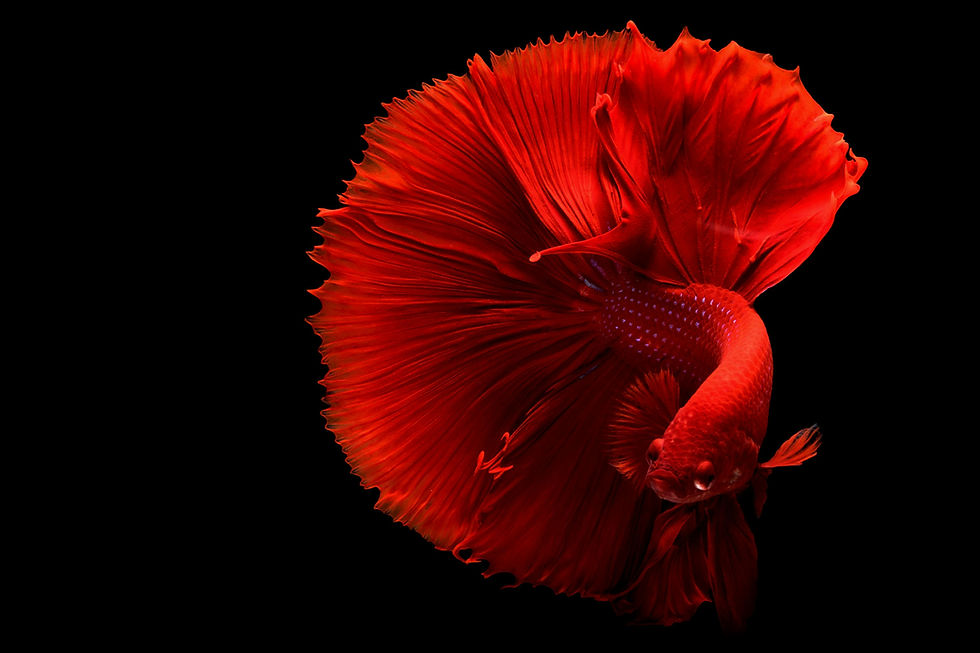The Dark Hobby Film: Rethinking the Aquarium Trade
- bettaworldforbettas

- Mar 28, 2025
- 2 min read

The Dark Hobby Film Is Now Available for Streaming
If you've never questioned where pet fish come from or what their journey looks like before reaching store shelves, The Dark Hobby is a documentary that will shake your perception. The film exposes the brutal reality behind the ornamental fish trade and the wild capture of marine fish.
What Is “The Dark Hobby”?
The term refers to the fishkeeping hobby and the aquarium industry — an industry that often comes at a high cost to marine ecosystems and fish well-being. The Dark Hobby follows the fight led by Hawaiian activists, conservationists, and scientists against the multimillion-dollar tropical fish trade and the collection of species on Hawaiian land. The film also highlights the global reach of the industry and discusses the sentience, behavior, and intelligence of fish.
Key Takeaways from the Film
Many tropical fish in U.S. home aquariums are wild-caught, not bred in captivity. This includes species like the yellow tang and clownfish. Removing these fish from reefs disrupts delicate marine ecosystems and puts their lives at risk.
Capture techniques are often traumatic or fatal. In some parts of the world, aquarium collectors use cyanide or dynamite to stun fish for capture -- methods that stress, injure, or kill fish and cause immense environmental harm.
"We estimate that probably 90 percent of the wild-caught fish that are imported to the U.S. were caught with cyanide." -- Teresa Telecky, Humane Society International
The survival rate post-capture is shockingly low. Many fish die before ever reaching a store shelf due to the long, stressful journey through the supply chain. Even after purchase, survival isn’t guaranteed -- countless fish suffer or die simply because their new owners are inexperienced or unprepared to meet their needs.
The industry is largely unregulated, allowing for mass extraction of marine life with little oversight or accountability. In most places, there are no limits on how many fish can be taken or which species can be targeted. Only a few regions have legal protections in place to restrict the collection of reef fish.
Why This Matters for Fishkeepers and Fish Lovers
Although much of The Dark Hobby centers on wild-caught reef fish, the film draws a direct line to the broader issue: the commodification of fish for the purpose of decoration and human entertainment. It raises an important question: can a life in an aquarium truly ever be ethical, even for captive-bred fish? What does a life in an artificial environment, entirely dependent on humans mean for a fish?
"We're objectifying them. Like they're infinitely replaceable and that they're just some sort of object. It's not a product. It is an organism." -- Gail Grabowsky, Chaminade University
Informed choices -- whether you're a fishkeeper, advocate, or policymaker -- begin with education and awareness. While this film presents uncomfortable and sometimes unsettling realities, The Dark Hobby raises critical questions about how fish are commodified and treated. These conversations are important and long overdue. The fact that a film is asking what’s good for fish as individuals is, in itself, powerful and necessary.
Learn more:
Instagram: @thedarkhobbyfilm




Comments